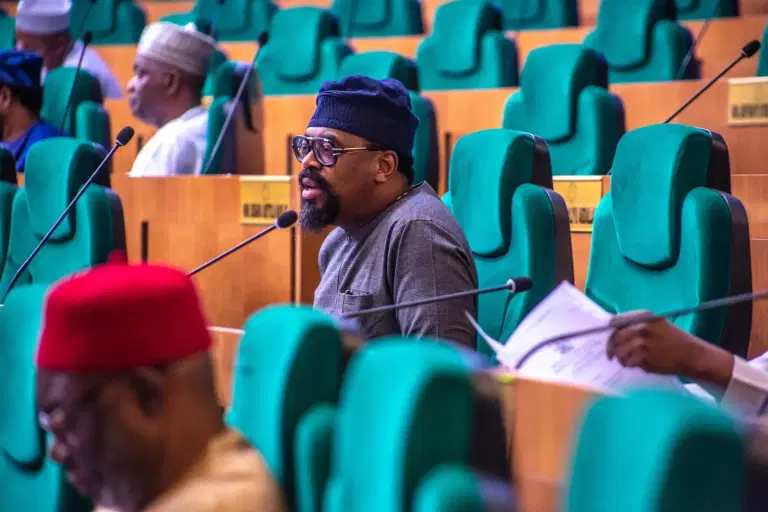
The Nigerian House of Representatives has indefinitely suspended its debate on the proposed tax reform bill, following intense pressure from a coalition of northern governors.
The bill, which aimed to restructure Nigeria’s tax regime to improve federal revenue and reduce dependence on oil, had sparked heated discussions within the chamber.
According to sources within the National Assembly, the governors voiced strong concerns over the potential impact of the reforms on their states’ economies. They argued that the proposed changes would disproportionately burden northern states, many of which rely heavily on agricultural and informal sectors with limited taxable income.
During a recent closed-door meeting between lawmakers and key representatives of the Northern Governors’ Forum, it was reportedly agreed that the bill required further review to address regional disparities. This move has drawn mixed reactions from stakeholders, with some applauding the governors’ intervention as a defense of their constituents, while others see it as a setback for the country’s long-overdue tax modernization efforts.
Critics argue that halting the debate sends the wrong signal to investors and development partners who have been pushing for fiscal reforms in Nigeria. “This suspension reflects the challenges of balancing regional interests with national priorities,” said an Abuja-based economic analyst.
While the Speaker of the House, Tajudeen Abbas, assured the public that the debate would resume after “necessary consultations,” many remain skeptical about how soon a consensus can be reached. As the stalemate continues, the future of the proposed reforms hangs in the balance, highlighting the complexities of governance in Nigeria’s diverse federation.





